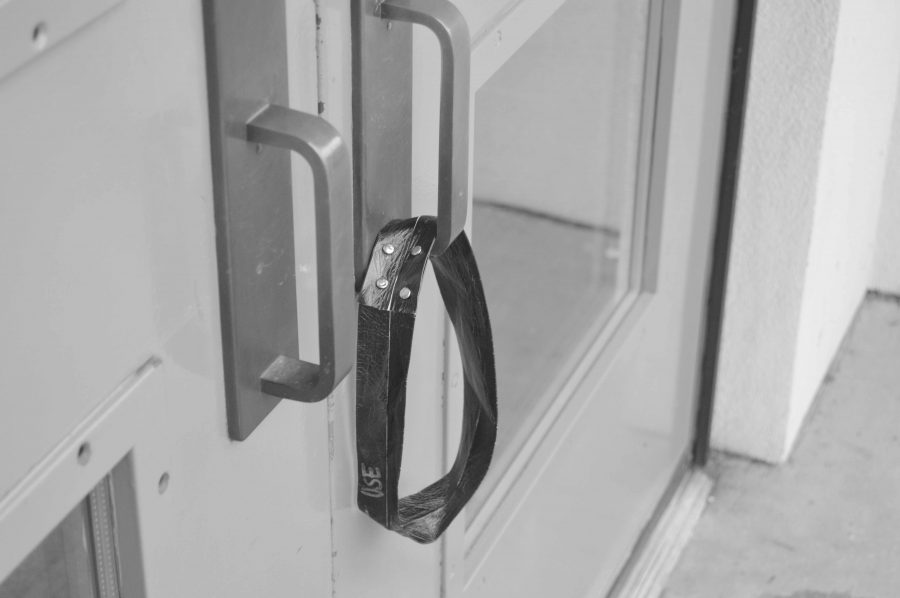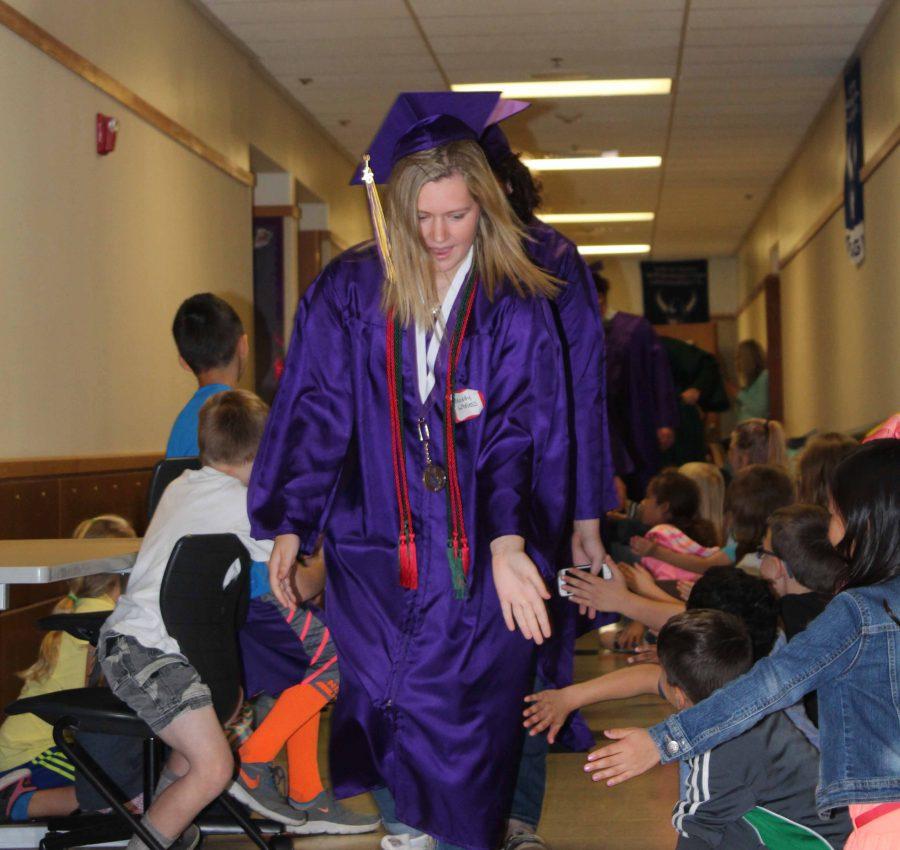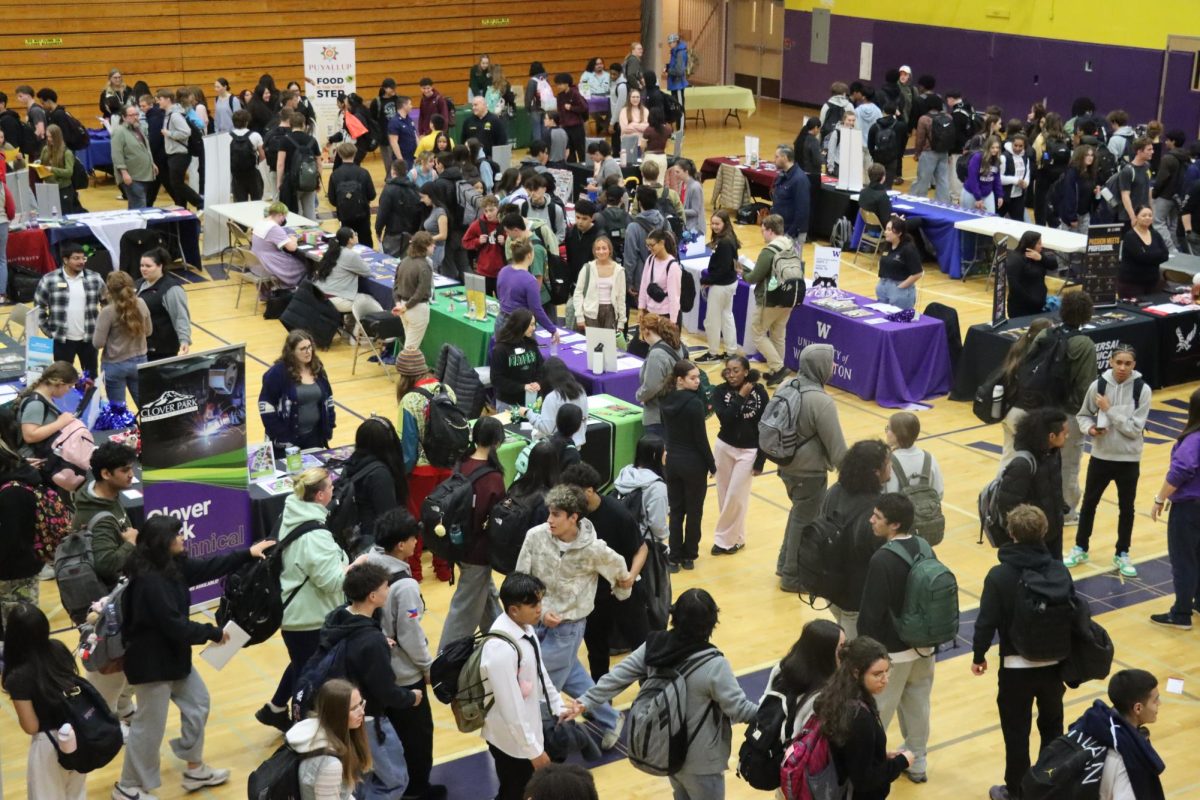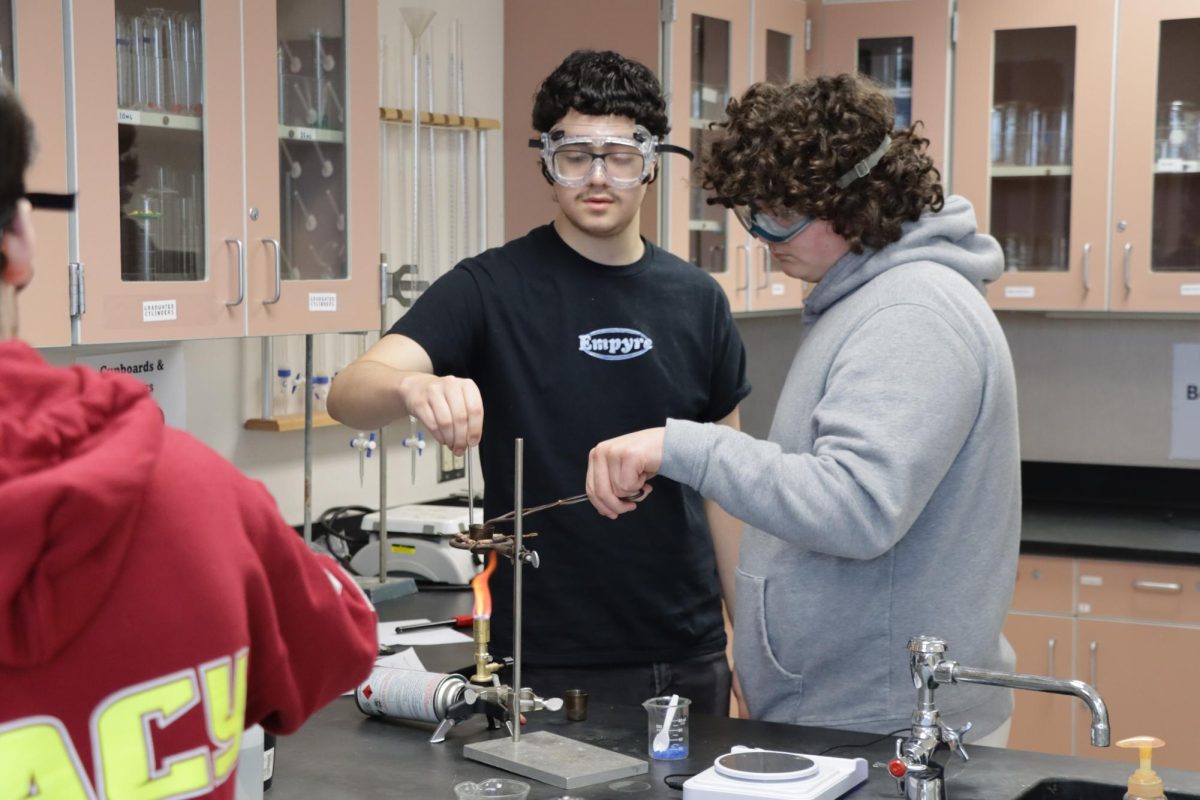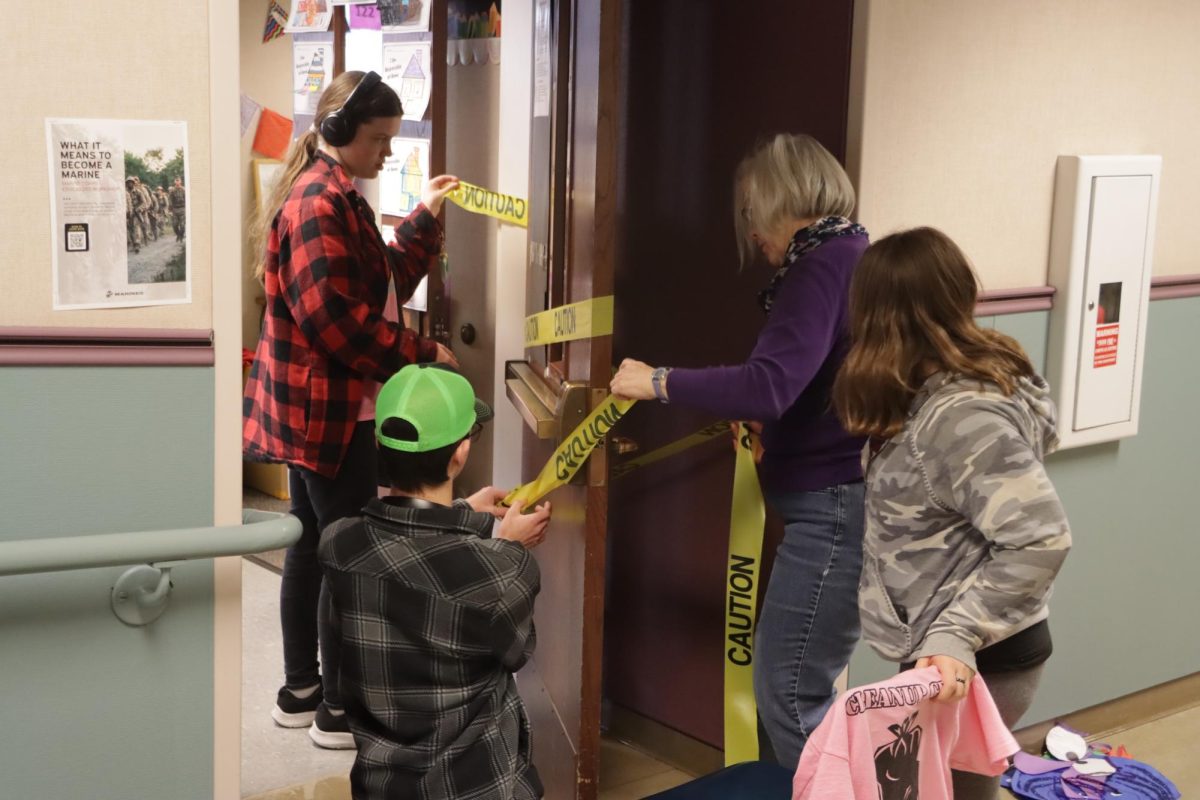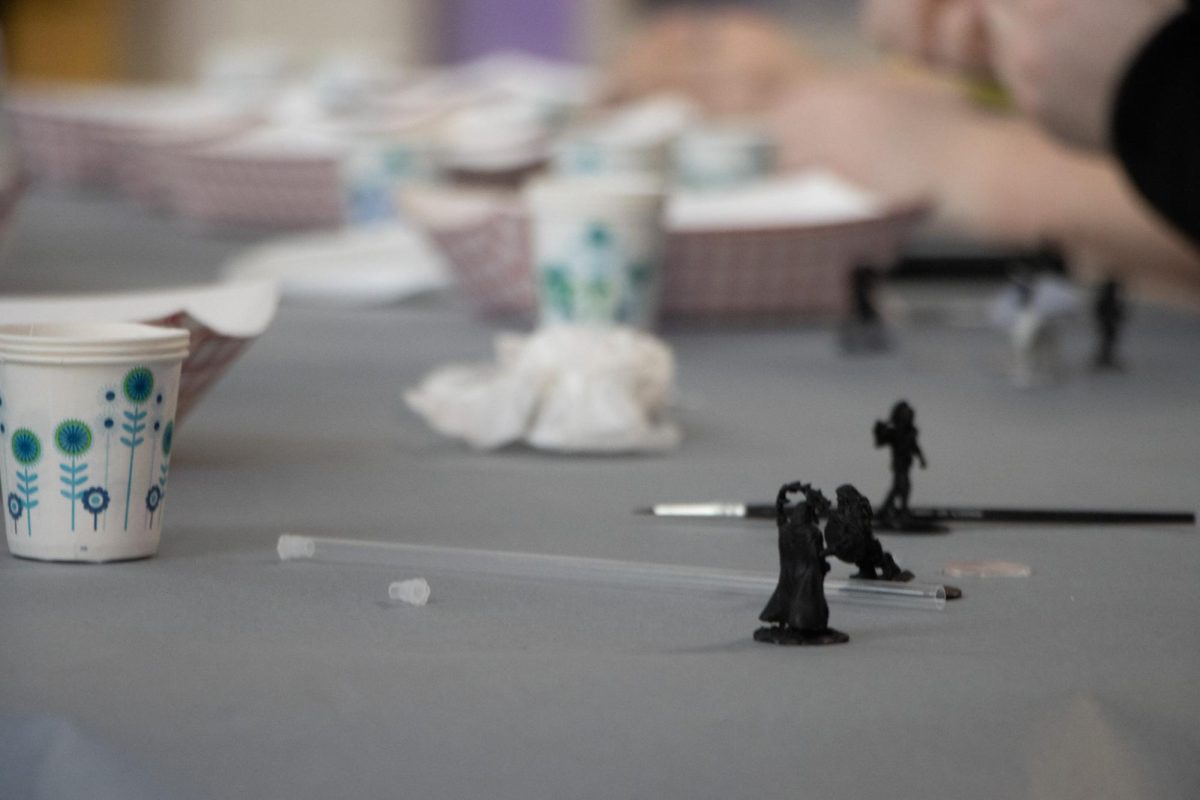First semester is coming to an end and students are reflecting on how their grades, of course there are students who are already planning on how to improve in second semester.
AVID and English teacher, Jordan Cockle, gives some tips he teaches his own students on improving the way you learn, based on AVID strategies.
“AVID consists on figuring out on how to push yourself to learn more than you thought you could before and provide you with strategies to benefit your learning. It also helps with learning how to take notes effectively and how to think a little bit harder on what you are learning in classes. [You learn more] study skills and promoting how to learn effectively in your classes,” Cockle said.
Cockle explains some of the ways students study better to improve skills.
“Cornell notes is teaching how to set up notes and find a way to review them. Annotating the text and how to go through and make connections and ask questions so you can summarize it effectively and reflect,” Cockle said. “The first thing you have to do is find a way to connect with whatever it is that you are learning. We had someone in our AVID classes last year who whenever she was reading from her psychology book would make a connection to something she already knew about ‘Harry Potter.’ She would make a connection and it would help her to remember whatever content she was learning in psychology because she has already learned it and is connecting it to something she already knows before.”
When it comes down to learning to learn, taking notes and connecting them to other knowledge is a very important key, Cockle says.
“I think if you boil it down to the thing that is going to help you the most when it comes to remembering anything, connect it to something you have already learned before. Either in that class, in another class, something about your life or whatever you are thinking to make some sort of connection that is going to help you remember more so when you go back and review those things you look at those connections,” Cockle said. “So when you see it on the test you remember that connection and then you can remember how to apply that to what you see on the test.”
Cockle teaches his students study strategies that help them through not just his class but all their classes. He even has some tricks he has learned while getting his own education.
“[Making connections] is really beneficial and when I talk about it in my English classes or my AVID classes, I am saying to focus on the connections because those are the things that help the information go into your brain and that is why you can remember it better. When you refer back to your notes, you should focus on the summaries. Notes are very important. The responsibility is on you to take notes on whatever you are learning,” Cockle said. “One thing I have heard before in my college classes is if you chew a specific type of gum, in class then you chew the same type of gum during the test; your brain is making that connection to what you have learned before.”
AP Psychology and AP Gov. teacher Matt White also provides advice on how students can study and learn best. One such way is to learn a little every day instead of all at once.
“Distributive practice is doing little bits of [studying] and homework every day. Most students try the cram method or in psychology terms massed practice. So what a typical student does is, an assignment due tomorrow so tonight they load up and do five hours of homework for that assignment, doing nothing on any of the other things that have been assigned previously that are do three days, four days, five days from now,” White said.
As many students may have figured out this semester and as White says, massed practice and procrastination does not work very well.
“We do not learn very well from massed practice. We learn best by what is called the spacing effect. A little bit every day and students who do a little bit every day and divide out their work, typical will have a lot less stress, get to bed earlier and be significantly more successful on tests, assignments and classwork,” White said. “Those are the most successful students for long term and in college because they actually learned how to organize time and life.”
AP English, AP biology and APUSH student, junior Deepa Bajwa says she tries different strategies to balance her busy schedule.
“Studying depends on the subject and type of the test. After a short while it becomes obvious to the student what works for them. Personally, I take advantage of Quizlet. Quizlet offers a wide variety of questions that will help cover almost all topic of a given test,” Bajwa said. “One of the more obvious tips is just paying attention in class. If you do not have questions in class you are not learning. Additionally, highlighting has forced me to take more quality notes which evidently helped me review better.”

